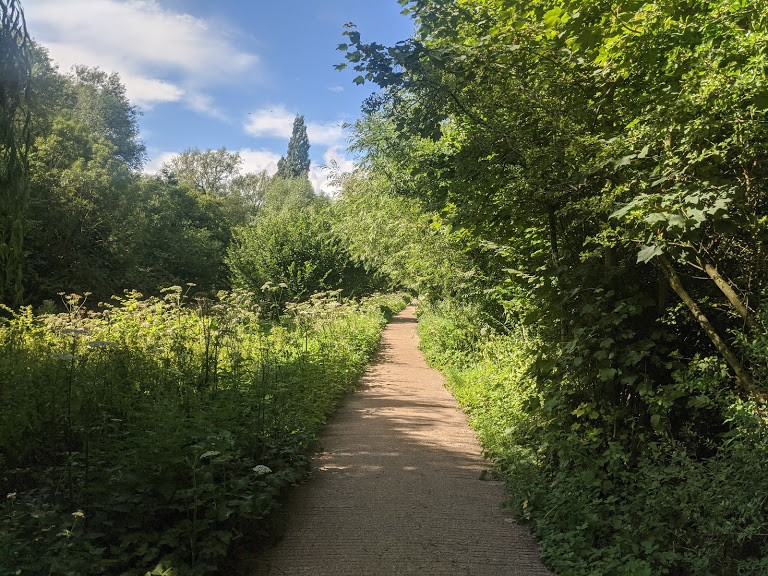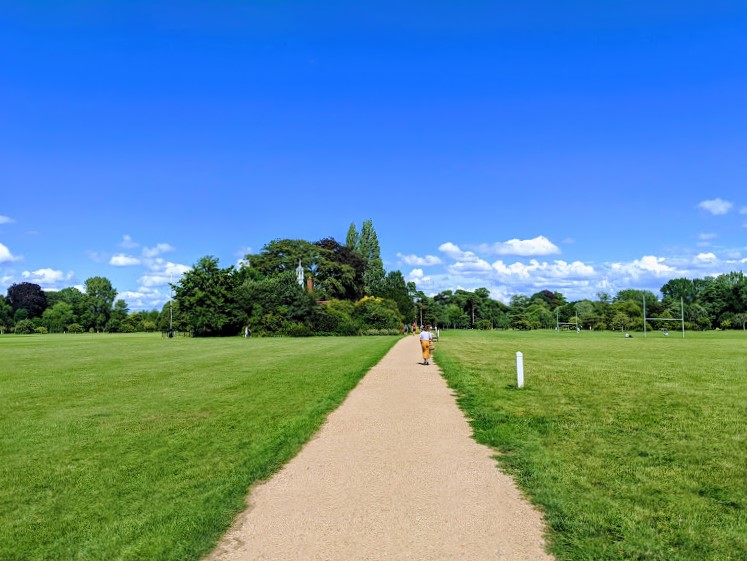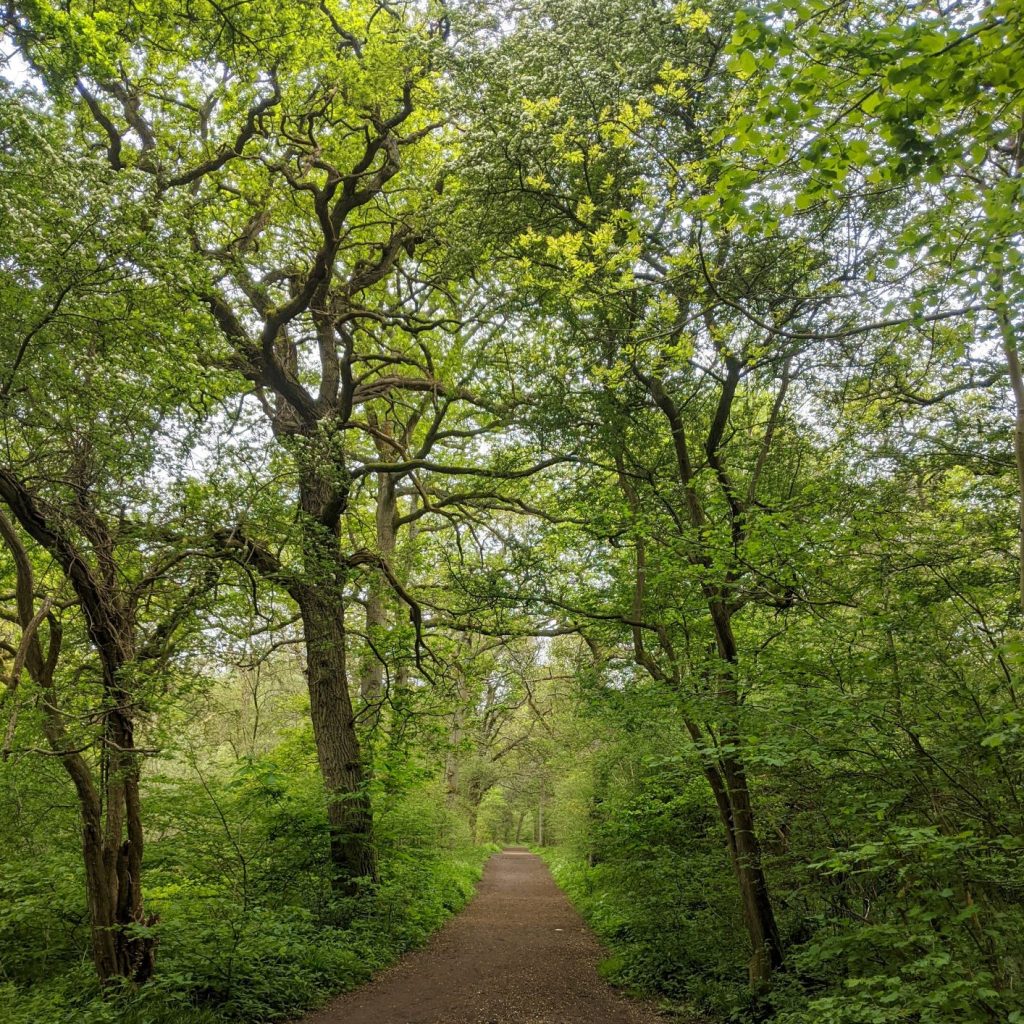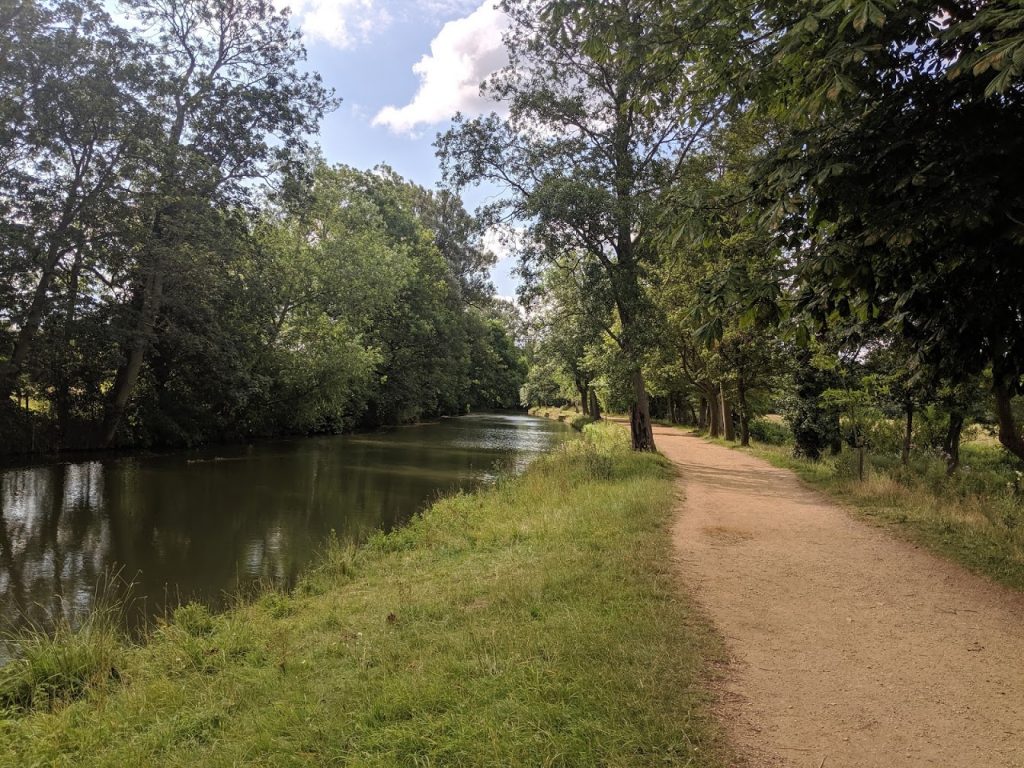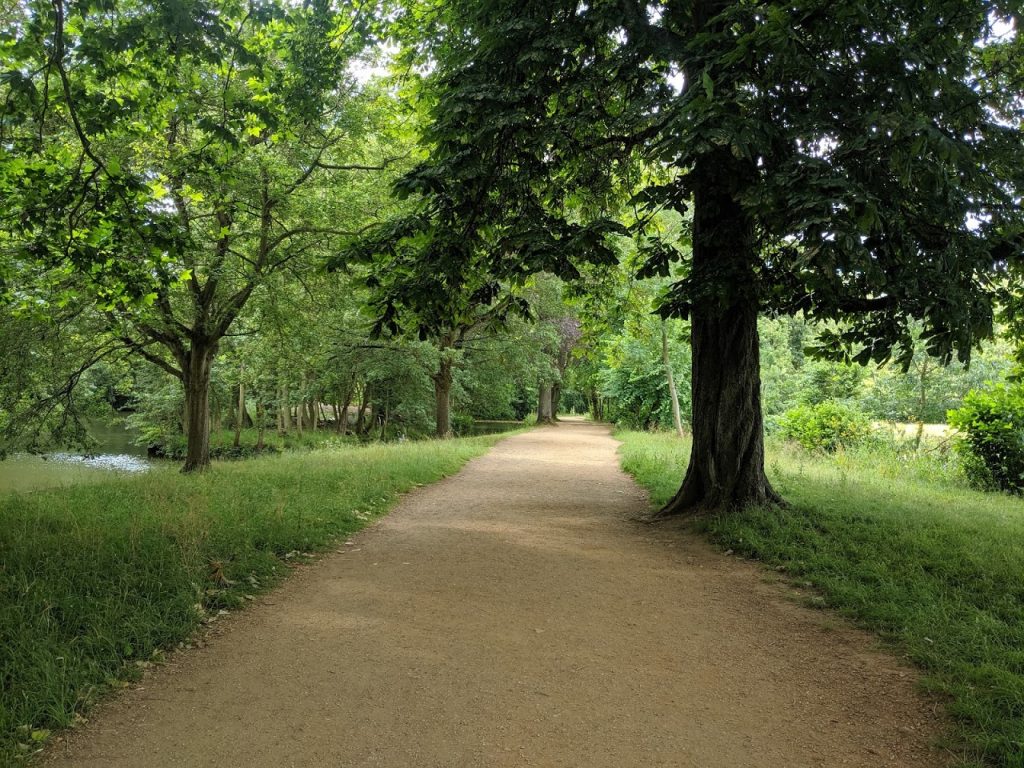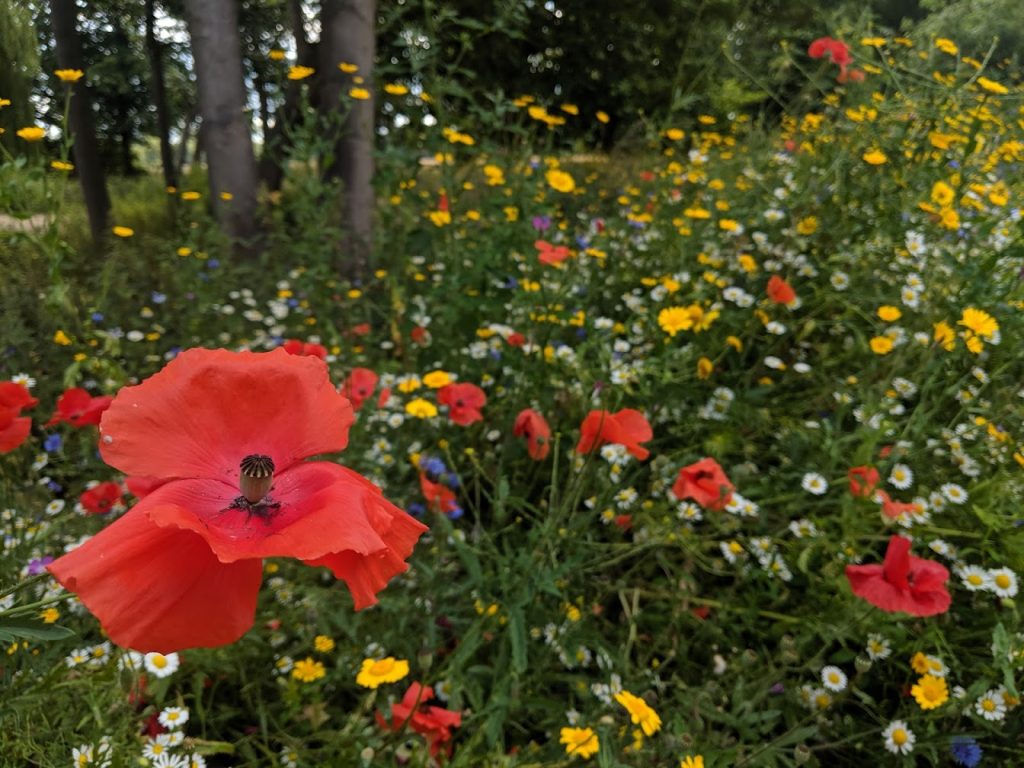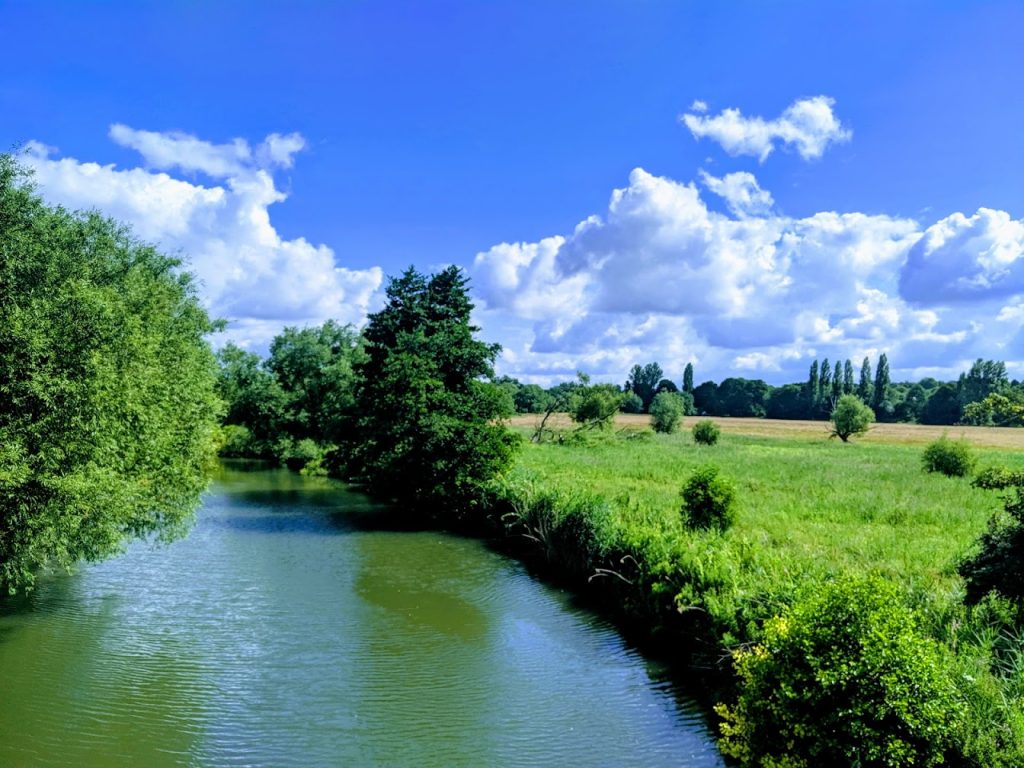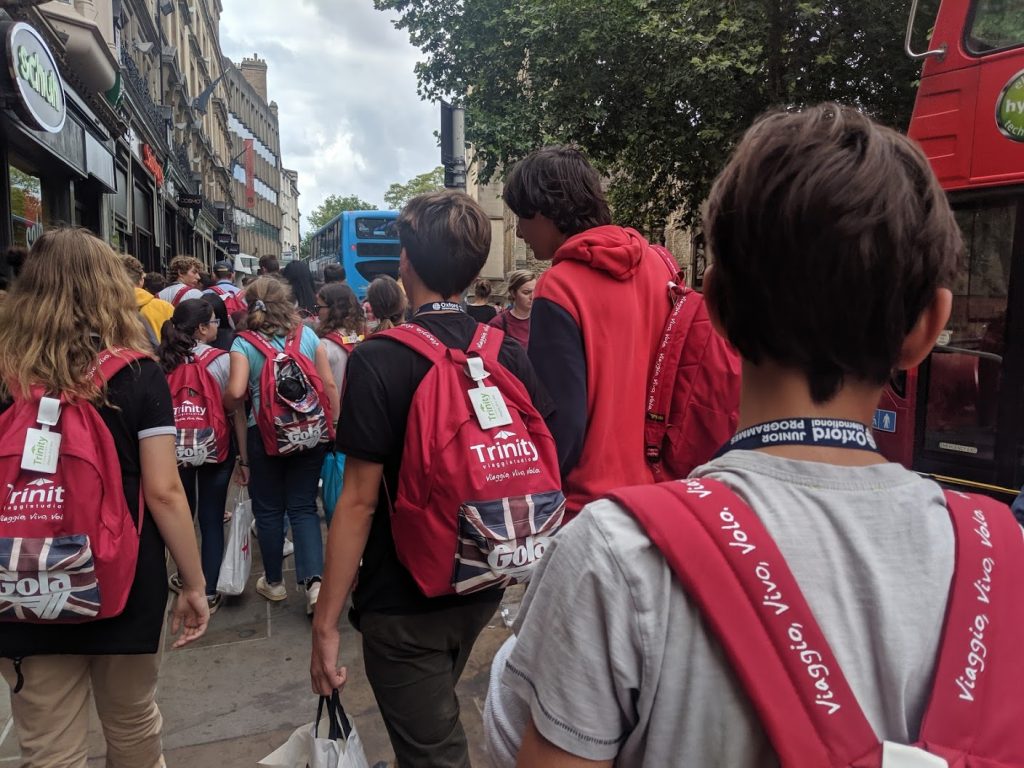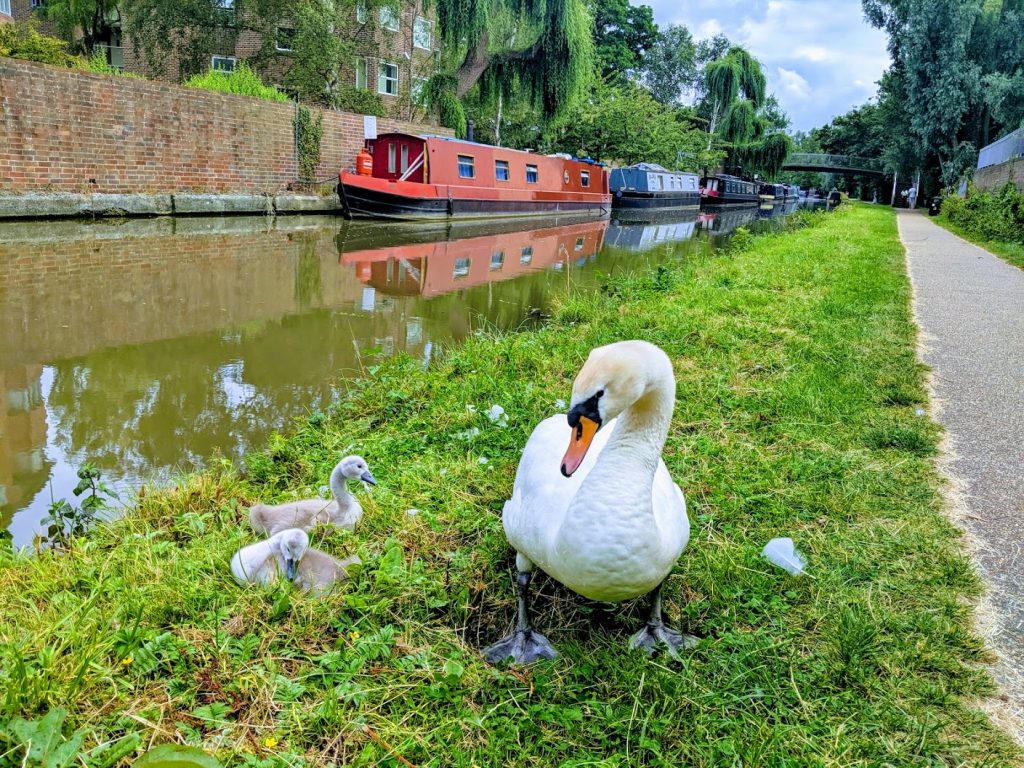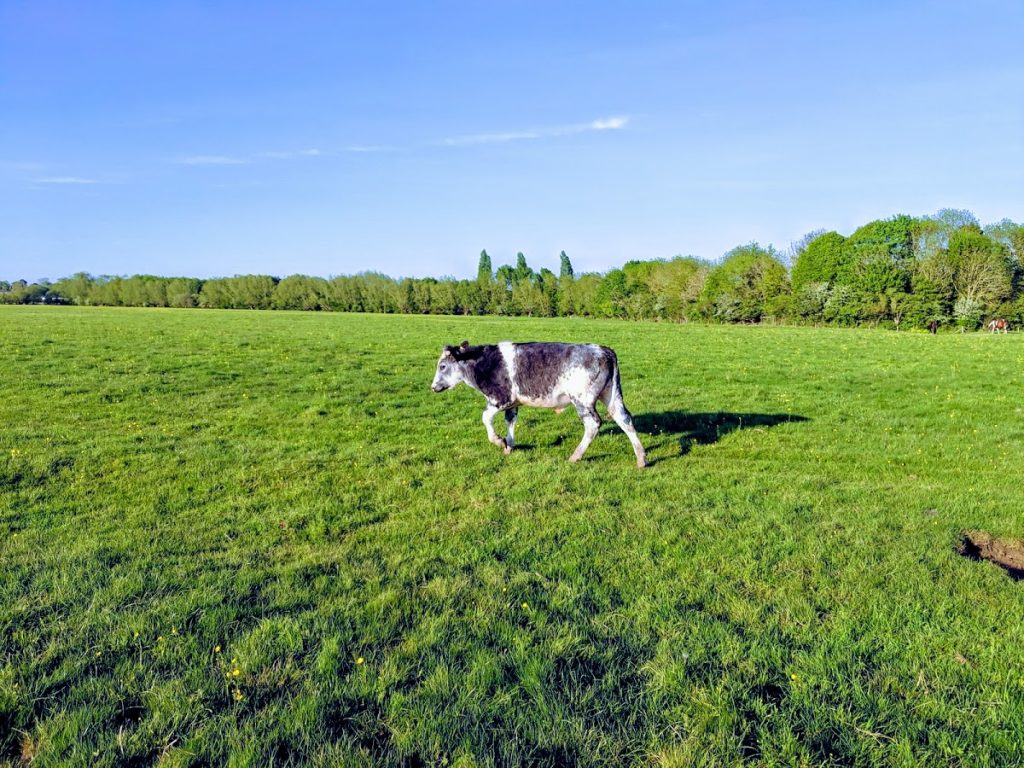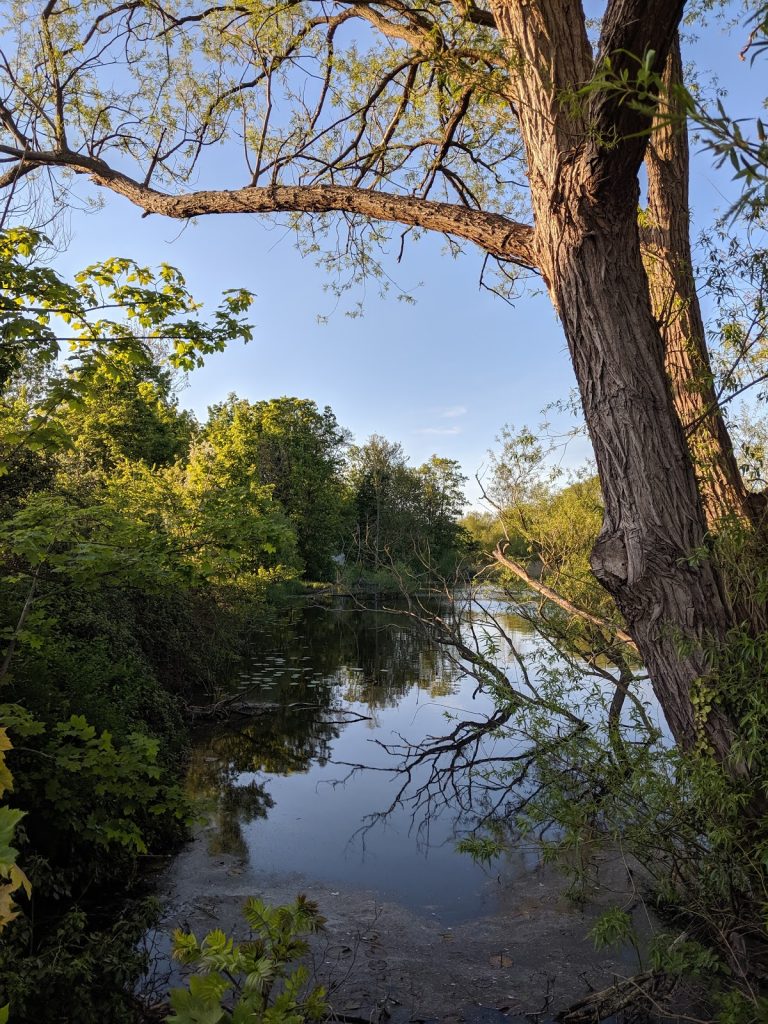It is joyful that, having run thousands of kilometres in Oxford, I continue to discover new routes that are fun, beautiful, challenging, and sometimes all three. This week was the first time I ran through Lye Valley Nature Reserve and Mesopotamia, Oxford.
Adrenaline
Adrenaline is not the friend of efficient work. I had some exciting events occur this week, but as thrilling as they were, they cost a lot in disrupting and distracting from the routine.
Proof reading
Things take longer to read when you have less familiarity with them. I was surprised how long it took me to read a friends manuscript this week. I suspect that there is a parabolic curve on the [amount learned] vs. [time spent] graph. There is an optimal level of novelty where ideas are able to be grasped but not already understood, and the further away from that point the faster the intellectual returns diminish.
Living in a different timezone
A friend is working in a drastically different timezone to where they are living during the pandemic. An untested suggestion I made, inspired by the excessive Casey Neistat monitor set-up, is to loop a 24-hour video of a landscape set to be in the timezone of work (and hence sleep). I suspect that the subtle cues of being able to sense the time of day from a landscape help with shifting and living on a different timezone. More trivially, if you have to do this, shift your meals, exercise, caffeine, etc. onto the desired timezone, and black-out windows to prevent being woken by the local time-zone. This is something I’ve only ever had to do for short periods to pre-acclimatise before long distance flights.
Fantasy choices
I watched Howl’s Moving Castle on the weekend, finding myself repeatedly muttering under my breath “that’s beautiful” at the imagery. One piece of magic featured in the film is a door which, at the turn of a dial, opens onto four different locations. A discussion of the film that followed asked “if you could have a magic door connecting you to four places, where would you choose?”. A cynical answer would be to place doors in two cities with significant air traffic and charge for the teleportation service, e.g. near instant transport from London to Los Angeles. People have gamed real systems in this way. Perhaps the question is really asking “what are your four most important places”, e.g. a family home, your best friends house, your favourite holiday spot, and your place of work. Assuming the freedom to choose where to live, the playful question can have a very serious implication; where is the best place for someone to be?

